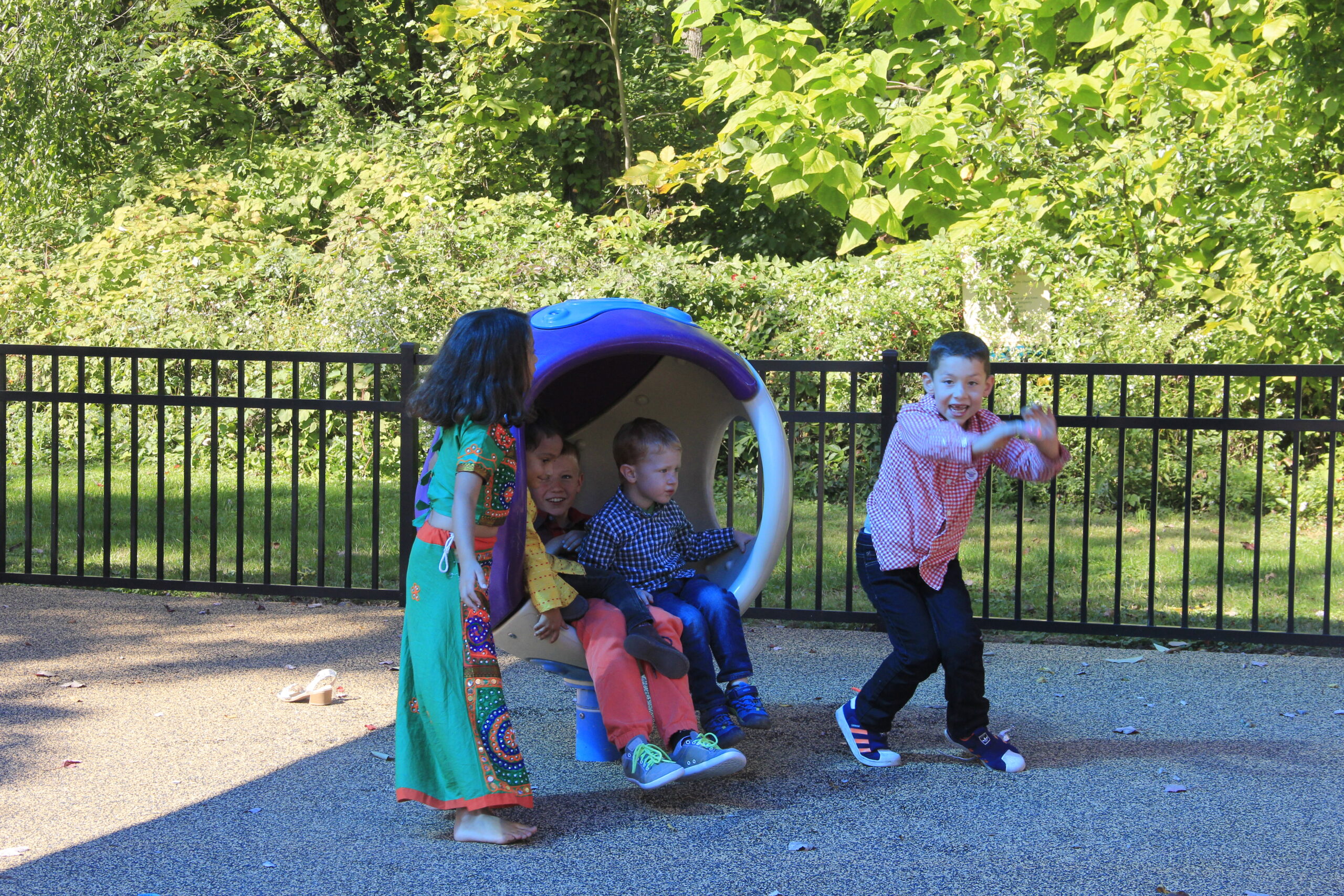Mental Illness among Children & Youth
The high prevalence of mental health problems among children and adolescents suggests that these experiences are common in nearly every congregation. To support children and youth who are experiencing mental illness, the congregation must be willing to talk about mental health and mental illness, reduce the stigma attached to mental illness, and provide safe spaces for parents and children to share about their struggles.
Tips for Supporting Children & Youth with Mental Illness
- Create environments that nurture connection. Adult leaders of can adapt youth group and Sunday School to meet the needs of youth with mental illness, fostering connection among the youth and their peers, and creating spaces for vulnerable discussion.
- Share about mental illness during children’s time. Tell stories of difference and connection. Speak about your own struggles with fear, anxiety, sadness and depression. Model an attitude that these issues are okay to talk about openly in your congregation.
- Develop a social support network for families of children that are struggling with mental illness. Social isolation can impact the entire family. Respite can be offered by asking another couple, family, or individual to provide extra support for family members and the child struggling with mental illness. Such support often needs to begin as a formal system of care.
- Provide extra support to help connect families with resources in the wider community. This may mean:
- Providing a meal or transportation for the family on the evening that a child or family has therapy or support group.
- Referring a family to a community mental health center.
- Walking alongside a family as they seek help from the child’s school and advocate for an individualized education plan (IEP).
- Frequently checking in with the family and asking how you can support them in the moment.
Resources from Others
- Mental Health Ministry Children & Family Notebook. Resource from Pathways to Promise to help congregations develop spiritual care with children with mental illness and their families
- Kids, Teens, and Young Adults (NAMI): Resources for identifying mental illness in youth and finding needed professional support.
- FaithNet (NAMI): Resources for faith communities seeking to be a place of support for people with mental illness.
Recommended Reading
- Blessed Youth, Rev. Sarah Griffith Lund
- Not Quite Fine, Carlene Hill Byron
Your Stories
-

An Anxious Presence
Board member and field associate JE Misz shares advice for how churches can welcome people with anxiety.
-

Nurturing Accessible Family Ministry
Church volunteers who work in faith formation are called to help the gifts of all children, youth, and adults shine.



